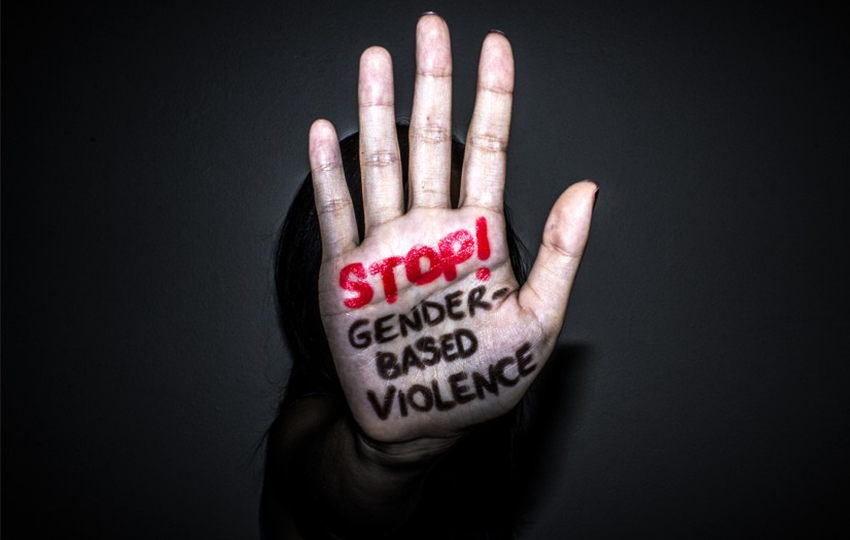The Initiative for Research, Innovation, and Advocacy in Development (IRIAD) and The Electoral Hub have tasked the Federal Government to increase funding and domesticate lawa to help fight the sexual and gender based violence scourge in the country.
The Director, IRIAD-The Electoral Hub, Princess Hamman-Obels, made the plea on Tuesday in a statement to commemorate the 2024 edition of the World event.
She said that this year’s activism themed ,“Towards Beijing +30: Unite to End Violence Against Women and Girls.”, show the importance of her call.
“Let us embrace this call to action by ‘oranging’ our minds, homes, workplaces, and communities, not only as a statement of solidarity but also as a commitment to fostering safe environments for women and girls everywhere. We can collectively create a world where women and girls feel secure and valued,” Hamman-Obels said.
She said that the campaign runs from the 25th of November 2024, the International Day for the Elimination of Violence Against Women, through the 10th of December 2024, which is Human Rights Day, should be positively utilised.
“The day remains a crucial opportunity to advocate for an end to violence against women and girls. The 16 Days of Activism raises awareness about the pervasive issue of gender-based violence and advocates for its eradication, emphasising the critical need for collective action and sustained commitment to protect the rights of women and girls,” she said.
Hamman-Obels said that SGBV remains a pressing challenge in Nigeria, exacerbated by socio-economic factors, cultural norms, and ongoing conflicts and insecurity across the nation.
She said that over 27,000 reported cases of violence against women and girls (VAWG) between 2020 and 2024 highlight the urgent need for sustained advocacy and intervention to end this scourge against women and girls.
She said, “For instance, the Salama Sexual Assault Referral Centre in Kaduna State reported nearly 3,977 cases of sexual and gender-based violence since its inception in 2019, while Lagos State documented over 24,009 cases across all local government areas between January 2019 and December 2023.
“While there is progress in legislative efforts such as the Violence Against Persons Prohibition (VAPP) Act enacted in 2015, with all states in Nigeria domesticating this law or having a similar law (e.g., Lagos and Ekiti states) as of 2024. The gap between policy and practice reveals the need for effective implementation and enforcement mechanisms.
“Additionally, traditional beliefs and stigmas surrounding victims often deter individuals from seeking help or reporting incidents. Cases of femicide have drawn national attention, emphasising the urgent need for legal reforms and stronger protective measures for women.
“Consequently, initiatives aimed at addressing GBV reflect a growing recognition of this issue; however, these efforts must translate into tangible support systems for survivors.”
She also urged all relevant stakeholders to take decisive action including government taking the lead in enforcing existing laws, such as the VAPP Act, across all states by ensuring legal frameworks are robust enough to protect survivors while holding perpetrators accountable among other recommendations to the CSOs and media.

 Join Daily Trust WhatsApp Community For Quick Access To News and Happenings Around You.
Join Daily Trust WhatsApp Community For Quick Access To News and Happenings Around You.


